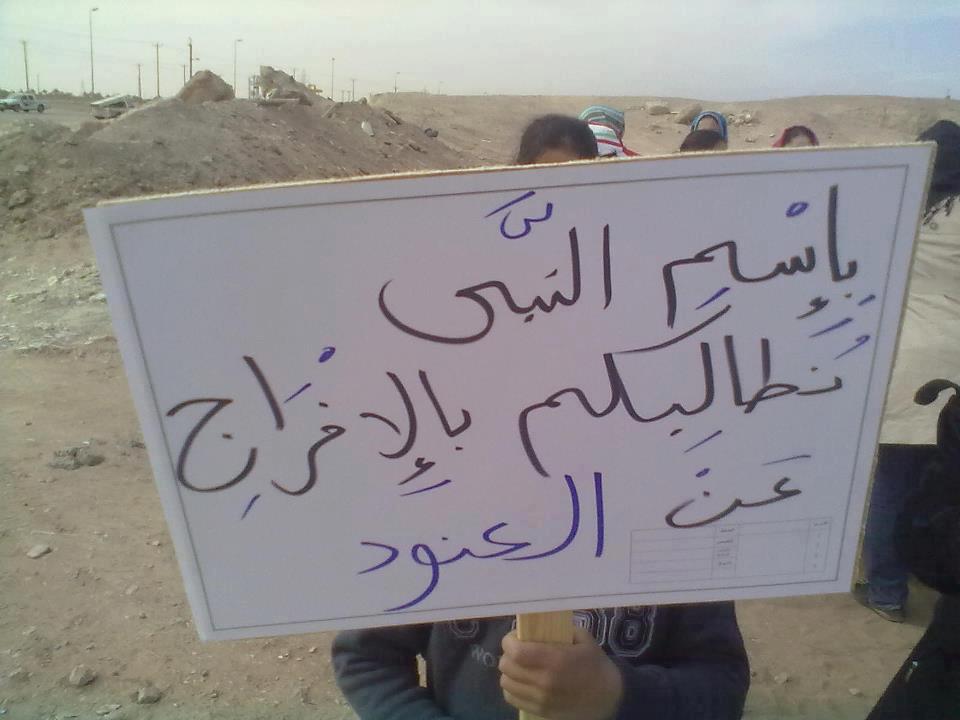Tripoli, 24 January 2013:
The Undersecretary at the Ministry of the Interior, Abdullah Massoud, has condemned the call by a number of . . .[restrict]European governments for their nationals to evacuate Benghazi as “an over-reaction”.
Massoud insisted that the security problems in the city did not warrant this response. He also said that the Libyan Foreign Office had not been told formally by the British government of a change in its travel advice issued today.
The Libyan news agency, LANA reported that Ministry of Interior had given them a statement asserting there was no justification for such calls. It stressed that the city was safe since the implementation of the security plan and the establishment of the police and the national army to enhance its security. The ministry went on to say that talk of risk to citizens and foreign nationals in Benghazi was unfounded. It pointed out that there had been no security breach in the city for the past four days.
There is clearly some government frustration at the warnings, which are seen to be damaging, since they raise concerns among other diplomatic missions and foreign companies.
The Interior Ministry confirmed that it had yet to receive any memorandum or position paper from the British Foreign Office, outlining the existence of a threat to its nationals in Benghazi. The ministry said it had contacted the British embassy in Tripoli and asked for an explanation but had not yet received a reply. It was suggested that if the UK believed in an imminent threat, it could have withdrawn its nationals quietly, “without causing any fuss and excitement.”
The apparent breakdown in communications between Tripoli and London is puzzling because Britain’s National Security Adviser, Kim Darroch was in Tripoli today on the second day of a visit. On Wednesday, he met Prime Minister Ali Zeidan for talks on security collaboration. He also met with First Deputy Prime Minister Sadiq Abdulkarim. The talks also focussed on security and how Britain could help Libya in the field. Today Darroch had a meeting with the head of the Supreme Security Committee, Mohammed Suisi.
The British embassy told the Libya Herald this evening: “We don’t feel it is an over-reaction. The safety and security of British nationals is our priority.” As yet, an official said, the British government had not received any official reaction from the Libyan government.
London is now warning against all but essential travel to Zuara, Zawiya, Tripoli, Khums, Zliten, Misrata and coastal towns from Ras Lanouf to the Egyptian border. For Benghazi the advice is against all travel to the city and to all other areas of Libya.
The embassy said the number of British nationals in Benghazi before today had been very small, but the spokesman declined to comment on specifics.
Asked if there might be difficulty for British and other Western nationals to leave the city, the spokesman said that while Air Malta had suspended flights temporarily, other carriers, including Turkish Air, Qatar, Jordan and Egyptair continue to fly into Benghazi on their normal schedules.
[/restrict]








